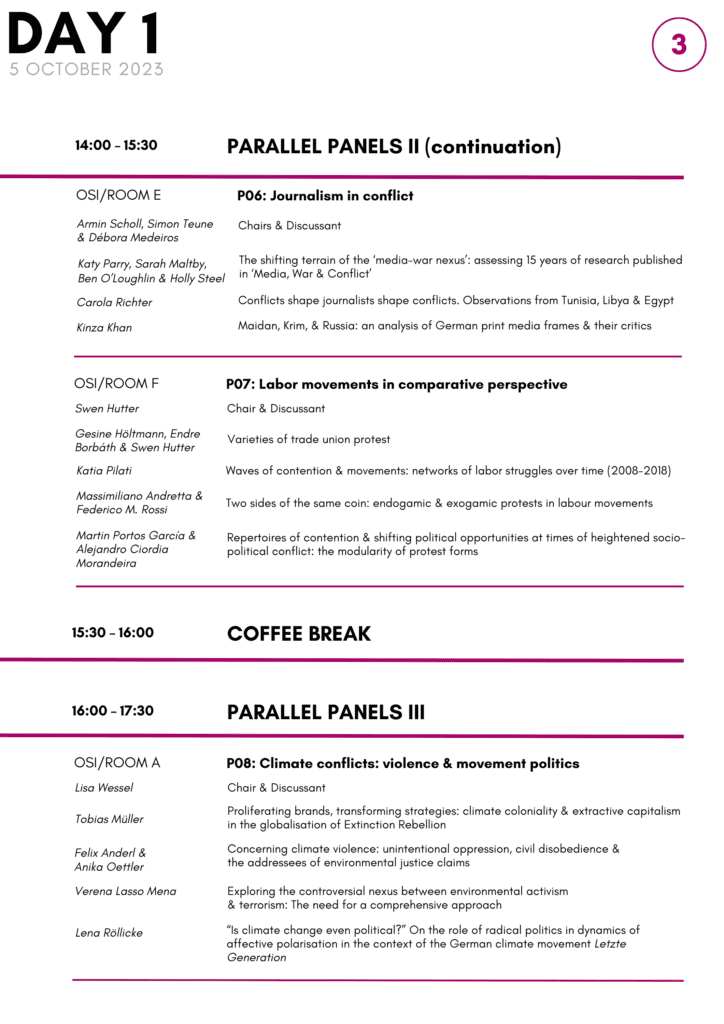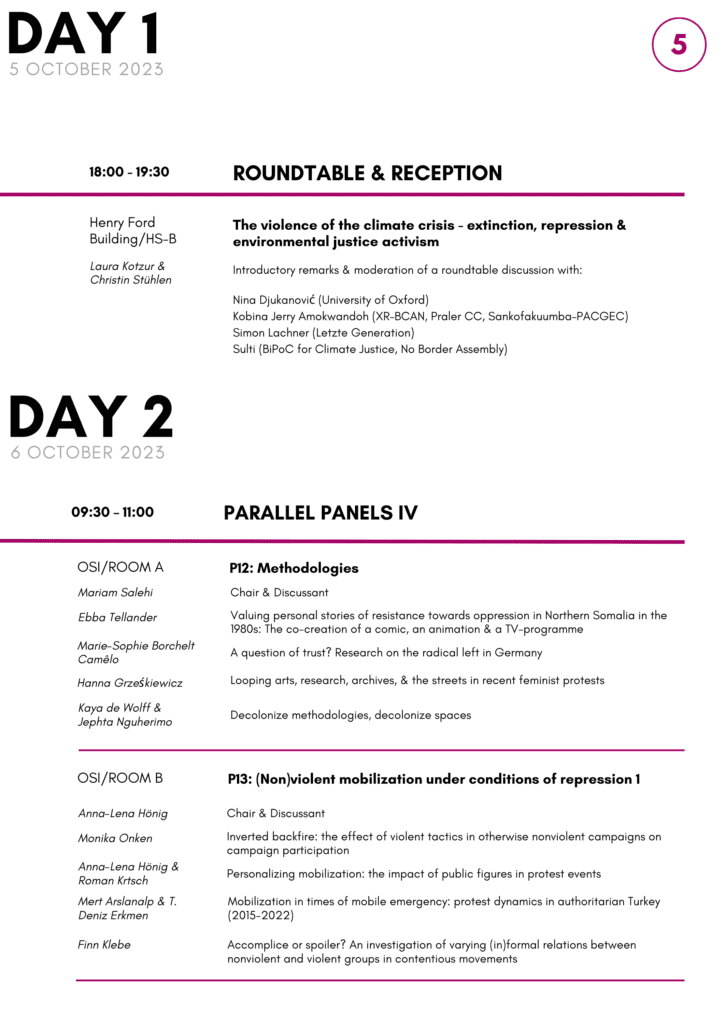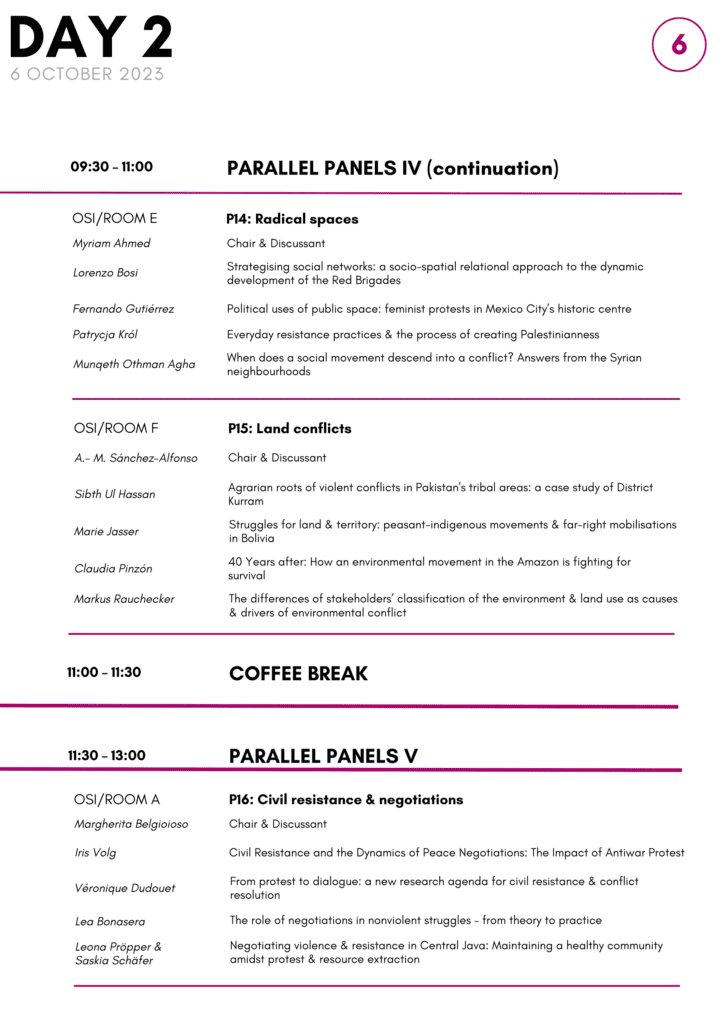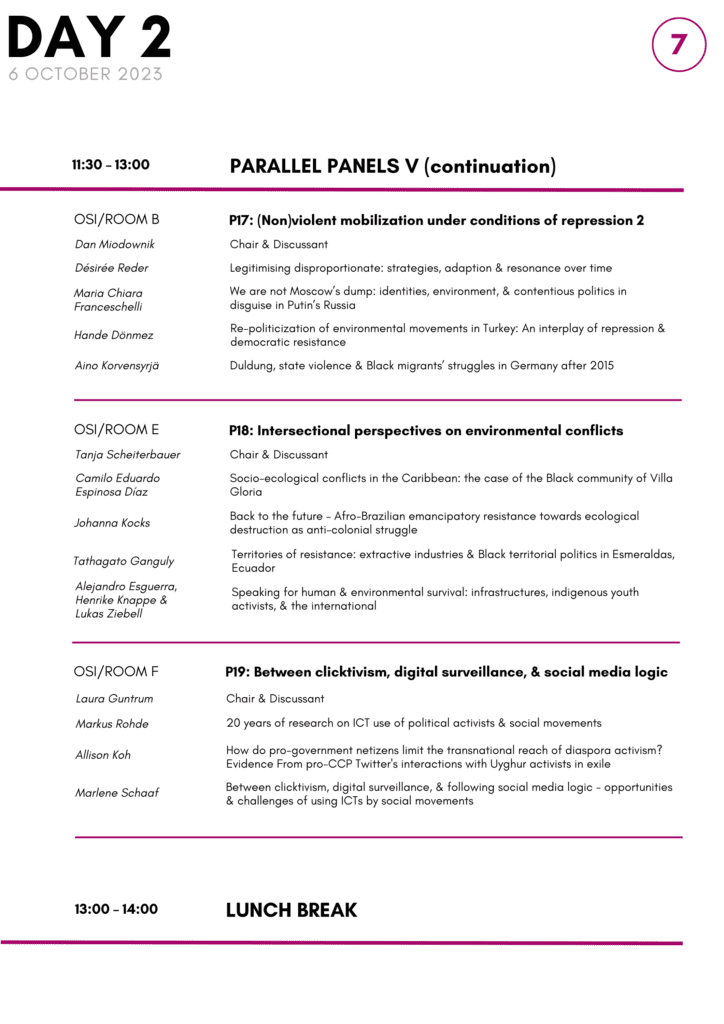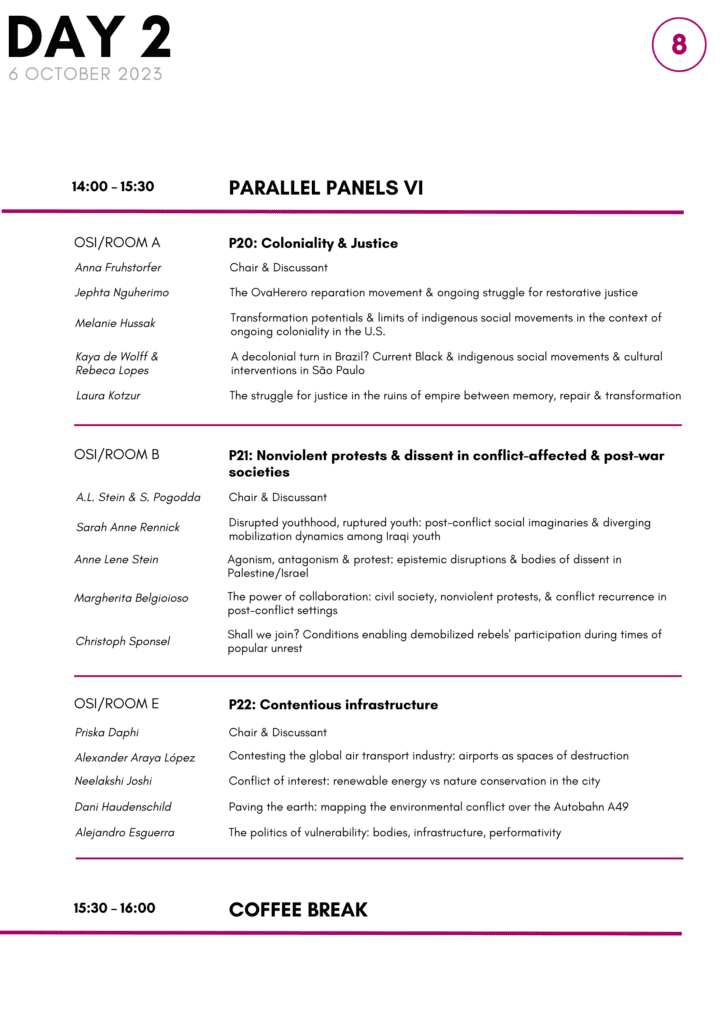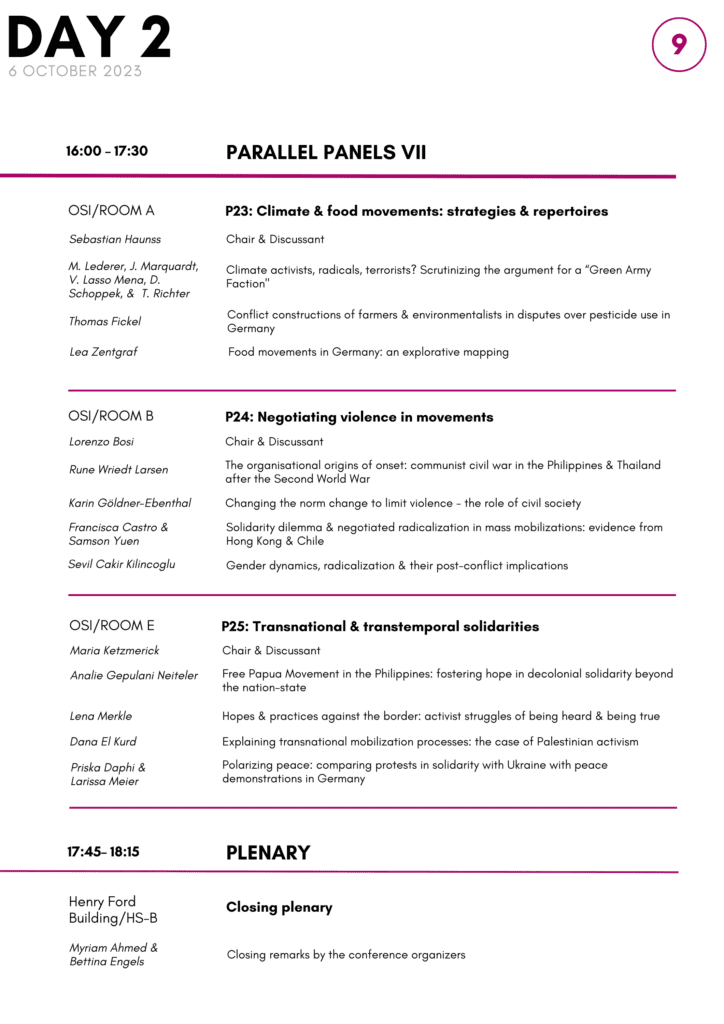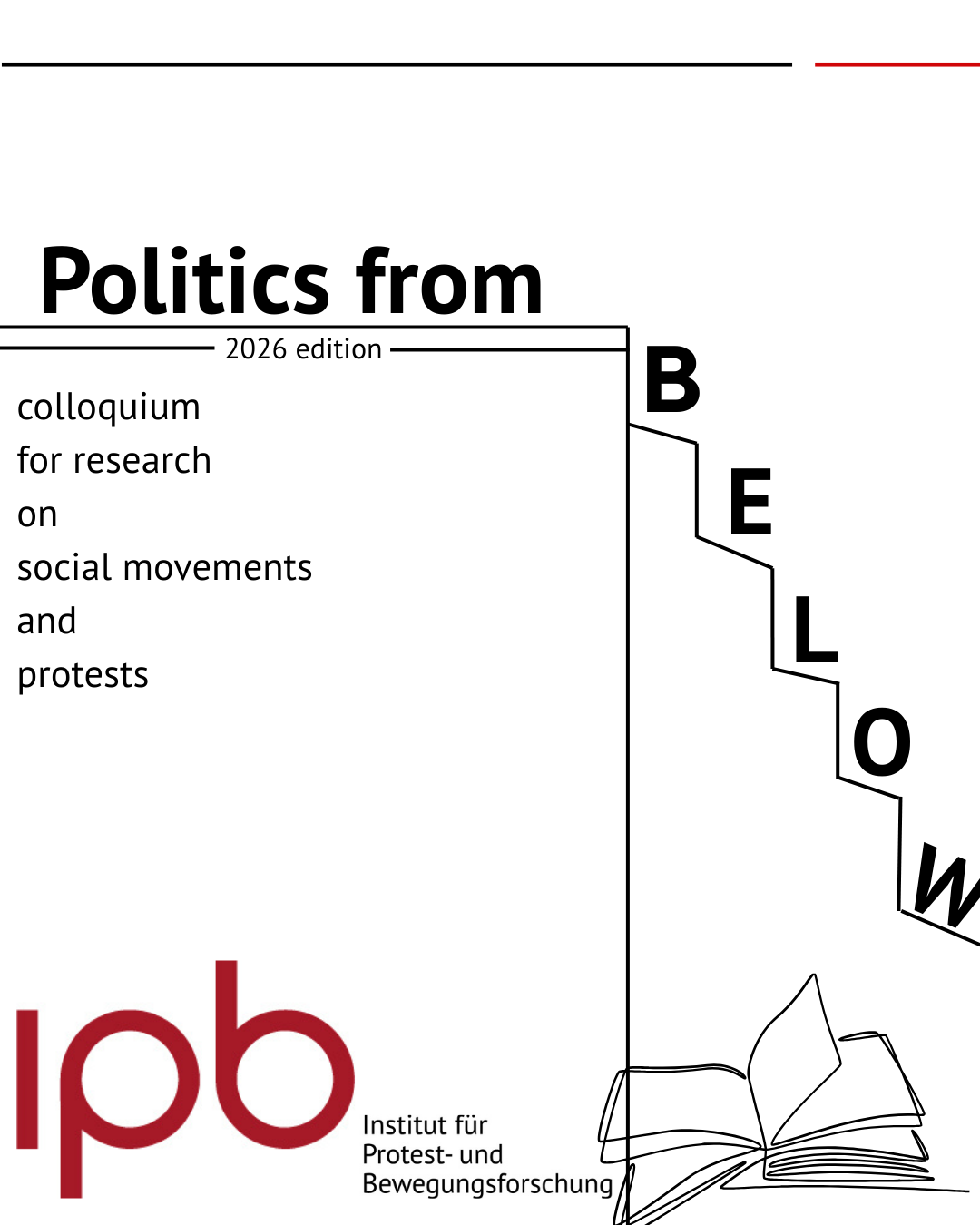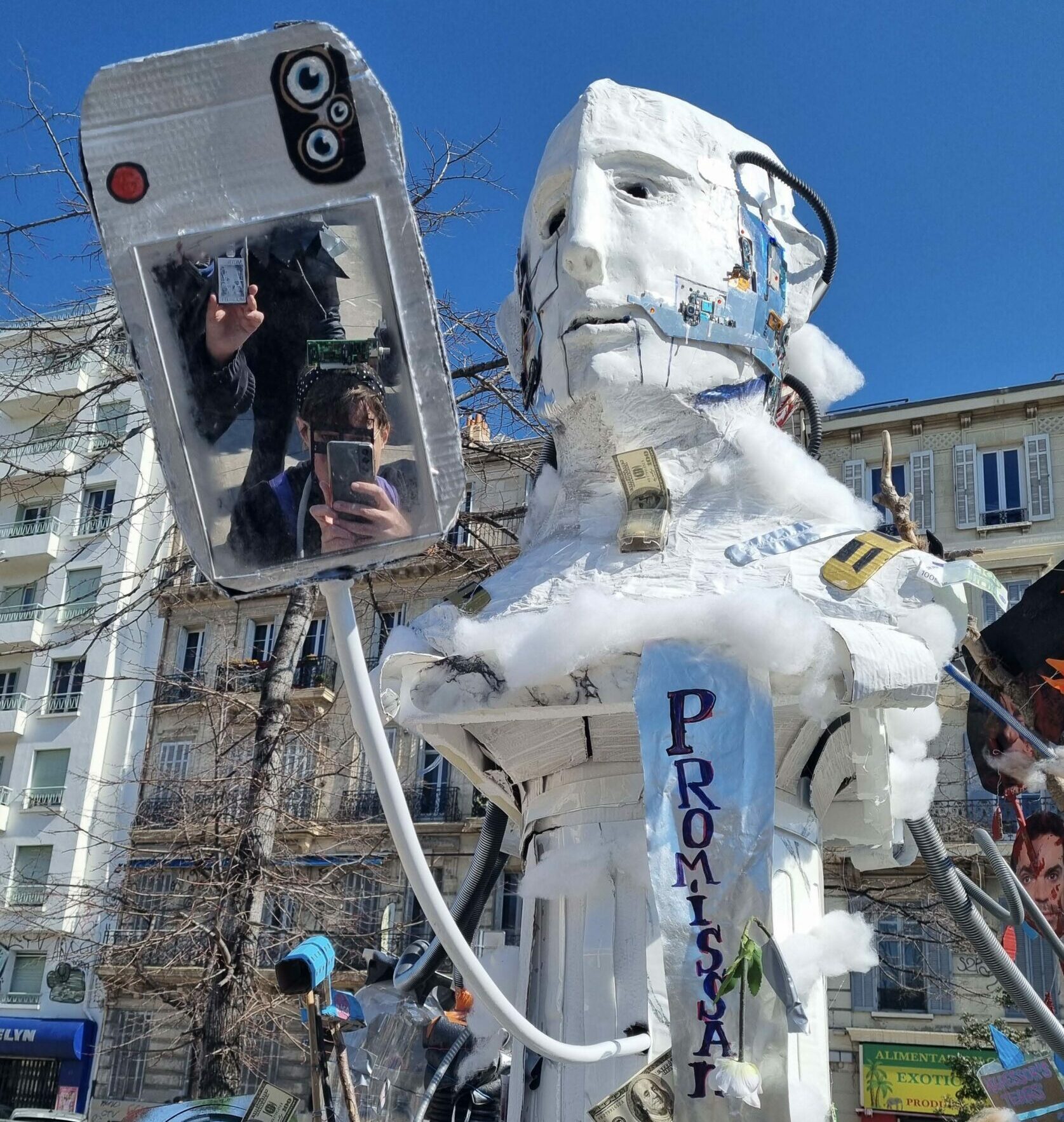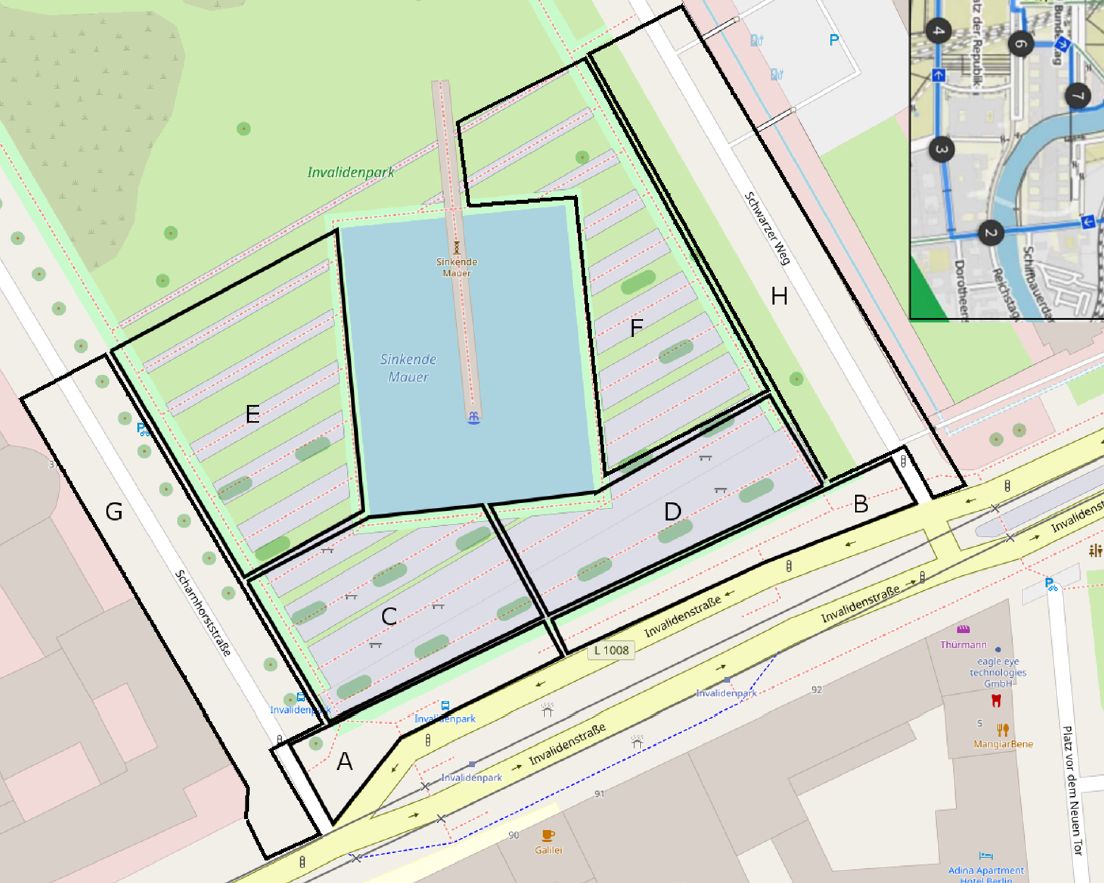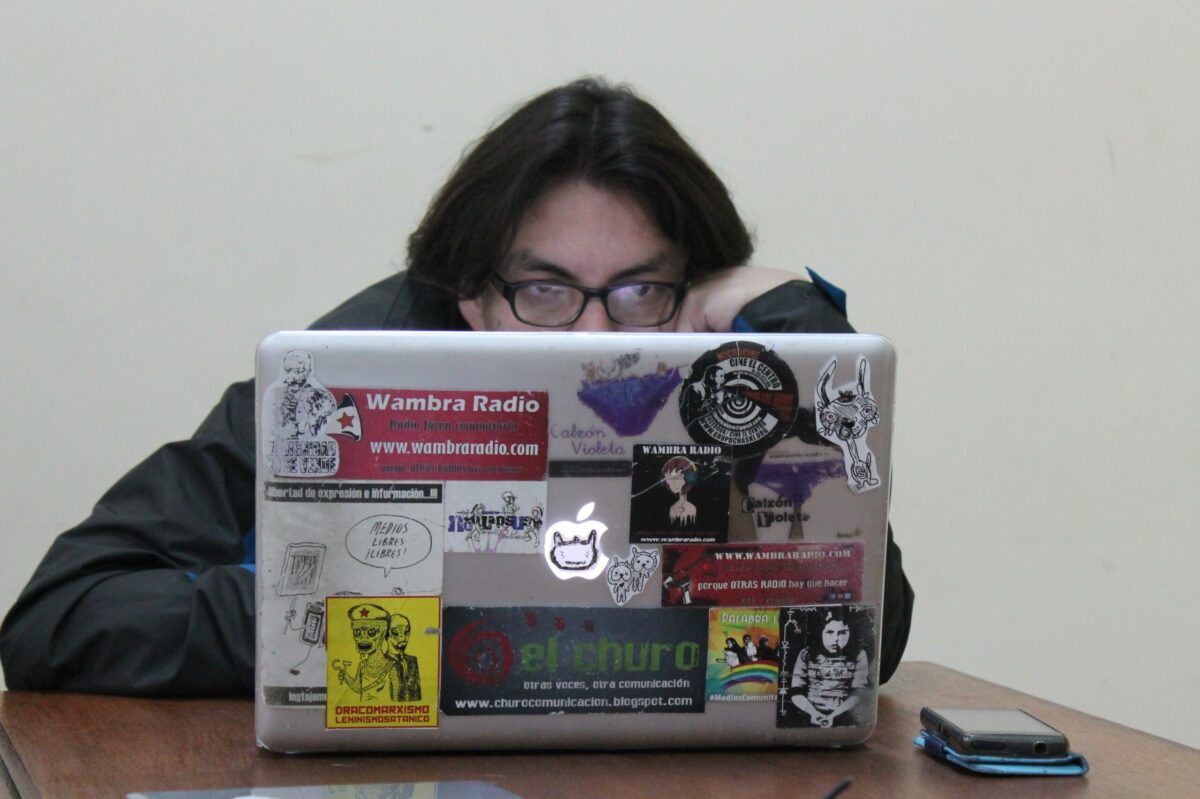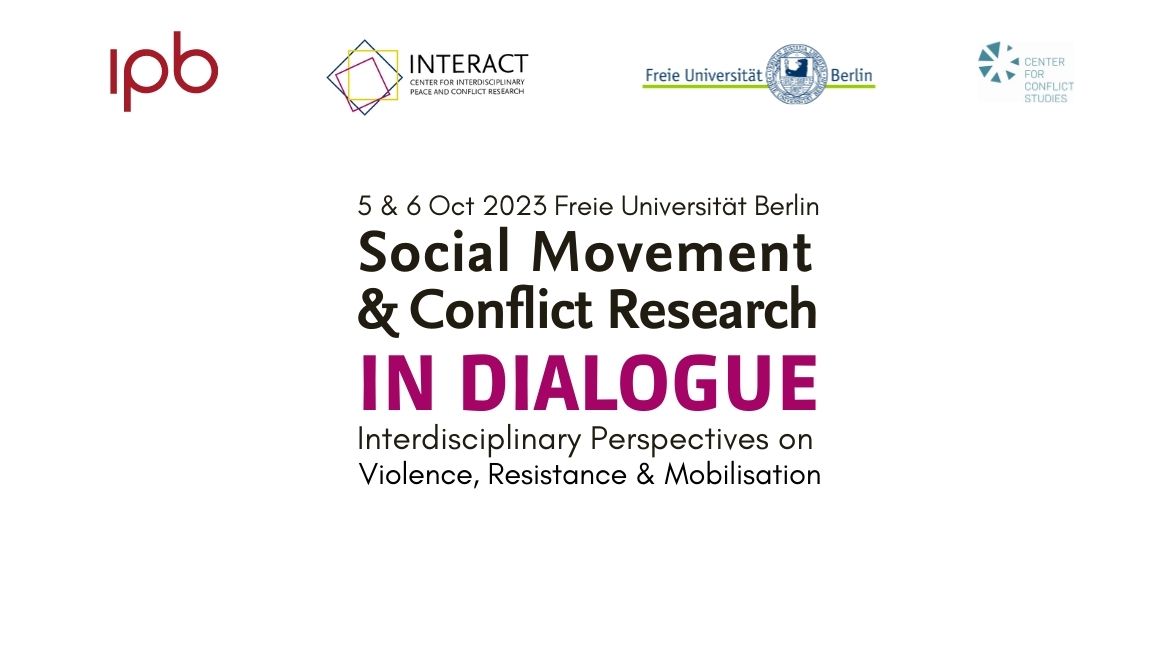
Social Movement & Conflict Research in Dialogue: Interdisciplinary Perspectives on Violence, Resistance & Mobilisation
Annual conference of the Institute for Social Movement and Protest Studies in cooperation with the INTERACT Center for Interdisciplinary Peace and Conflict Research at Freie Universität Berlin
Conference theme
What is the relationship between civil society and violence and does violence make civil society “uncivil”? What are the limits of legitimate resistance – are these limits relational to the systemic violence in which resistance is embedded, or are they subject to objective criteria? And how helpful is the normative liberal democratic framework as a guide in light of the observed convergence of repressive practices in democracies and autocracies across the globe?
The divergent perceptions of mass mobilization against state restrictions in the frame of the pandemic across the globe, the hesitant support of popular uprisings against autocracy in Sudan and Iran, but also the controversies over the return of disruptive or “radical” direct action in the shape of the climate justice movement have brought these questions back to the fore. Radical politics and their relation to various forms of political and social conflict have moved back to the center of both, social movement research and peace and conflict studies, yet, in different ways: Both fields of research deal with conflicts and contestations, struggles over different kinds of grievances and demands, how they are expressed and dealt with. Both fields address dynamics between the micro- and the macro-level. And both fields acknowledge the importance of building their insights on context-sensitive, empirical research. However, while social movement and protest research has mostly investigated contentious episodes up to a certain state of escalation, peace and conflict studies often focus on dynamics after the outbreak of violence and their aftermath. Social movement studies have frequently built their concepts and approaches based on insight gained in the Global North, while peace and conflict studies have heavily focused on contexts in the Global South. These lines are becoming increasingly blurry, and we would like to push this further, bringing the two fields (even more) into a conversation with each other.
Against this backdrop, this year’s annual conference of the Institute for Social Movement and Protest Studies (ipb) is dedicated to exploring the intersections of peace and conflict studies and social movement studies in the context of radical politics and (non)violent resistance. Together with the INTERACT Center for Interdisciplinary Peace and Conflict Research we hope to explore to what extent both fields and their conceptual repertoires and methodological toolkits may benefit from and complement each other. The aim is explicitly not to contrast the two fields and their approaches, nor to contribute to the reification of disciplinary boundaries and cleavages. Rather, with this conference we intend to provide an occasion for interdisciplinary exchange and foster dialogue between researchers with, at times, different perspectives on remarkably similar subjects.
A high resolution copy of the conference poster can be [downloaded here]
We look forward to seeing you in Berlin!
The conference organizing team: Myriam Ahmed, Felix Anderl, Bettina Engels, Jannis Grimm, Laura Kotzur, Mariam Salehi, Christin Stühlen.
Logistics and registration
We have designed a diverse and inspiring program, bringing together academics from peace and conflict studies and social movement studies, as well as practitioners and activists to debate questions of (non)violence and radical politics, socio-ecological conflicts, and knowledge politics. The conference takes place at the INTERACT Center for Interdisciplinary Peace and Conflict Research at Freie Universität Berlin.
Unfortunately, registration is now closed. If you missed the registration deadline, stay tuned for our conference report, which will be released on this platform in the weeks after the event.
Timetable
The following sheet provides an overview of the conference schedule.
A high resolution copy of the timetable can be [downloaded here]
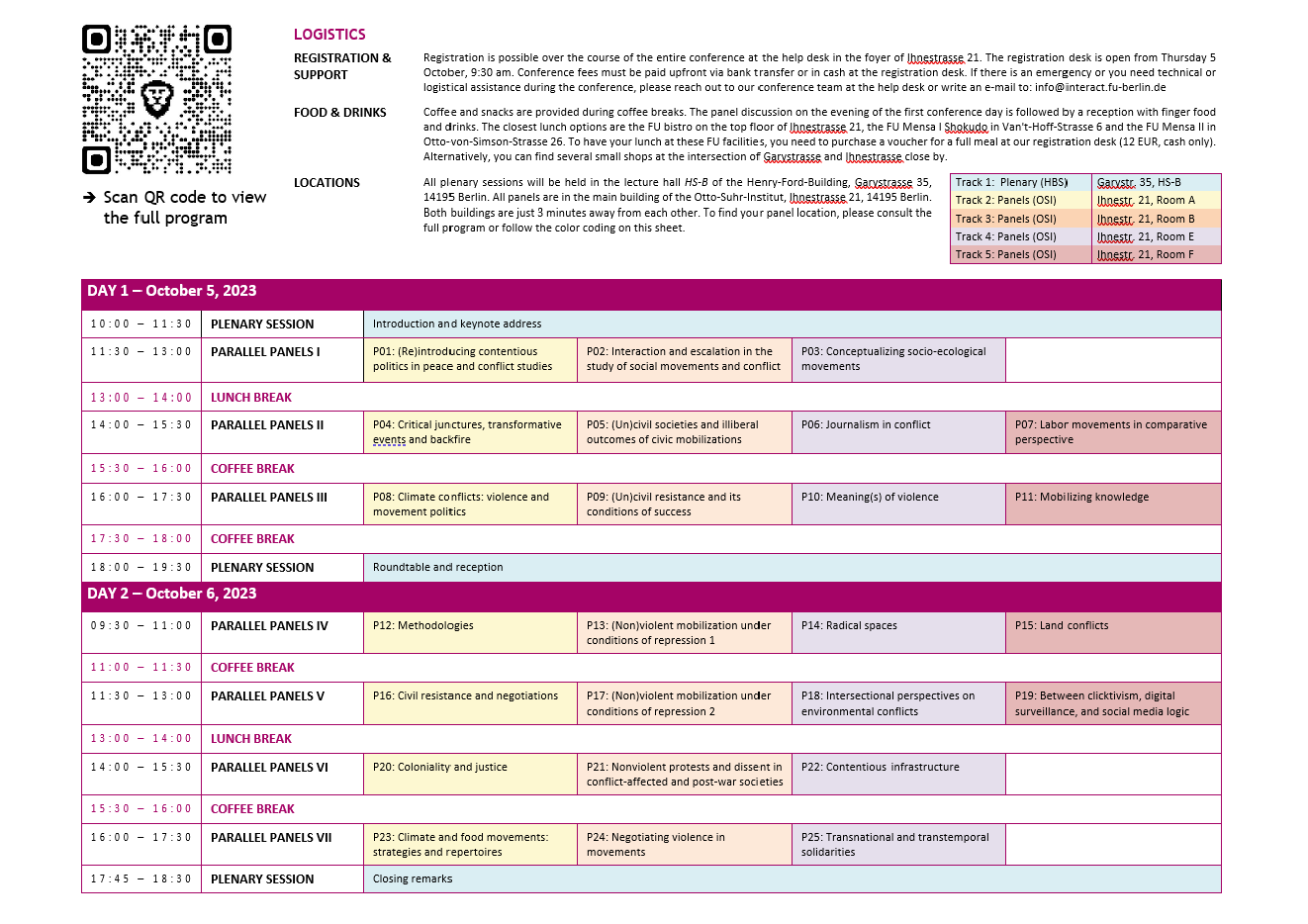
Draft Program
To consult the draft program (regularly updated) with more information about panel composition and paper topics scan the QR code on the timetable or visit the following program sheet.
A high resolution PDF of the draft program can be [downloaded here]


